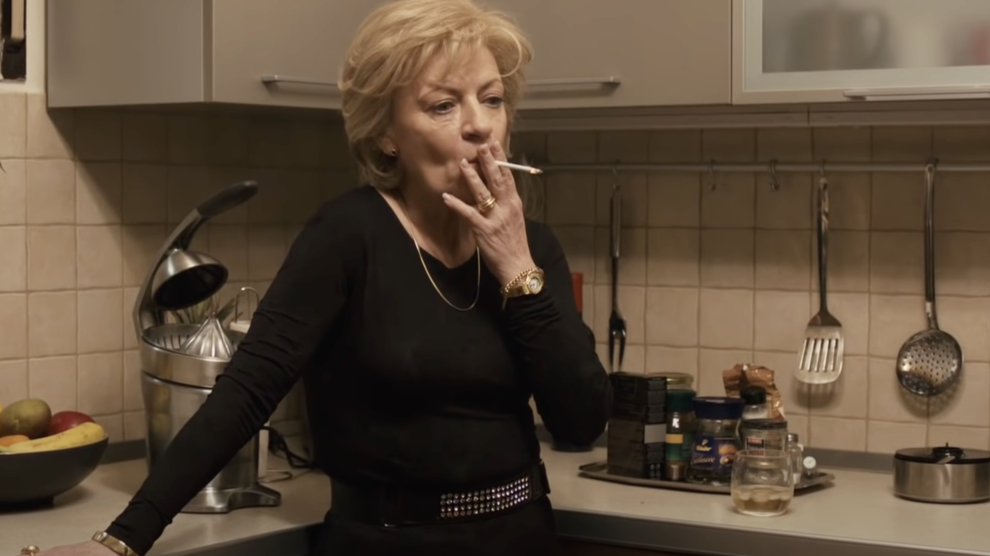Contemporary Romanian cinema has undoubtedly left an indelible mark on the international film landscape, with its unique storytelling style and powerful narratives. We have picked five essential films that showcase the country’s filmmakers, each a testament to Romania’s artistic brilliance and a window into the country’s distinctive cultural and social aspects.
4 Months, 3 Weeks and 2 Days (4 luni, 3 săptămâni și 2 zile; 2007). Directed by Cristian Mungiu
Cristian Mungiu’s award-winning masterpiece, 4 Months, 3 Weeks and 2 Days, is a deeply haunting and emotionally charged tale set in the waning years of communist Romania. The film follows two university students navigating oppressive bureaucracy while seeking an abortion – illegal in Romania at the time. Mungiu’s raw and realistic approach, combined with incredible performances, creates an unsettling atmosphere that captures the relentless struggle for survival amidst a stark and austere backdrop.
Aferim! (2015). Directed by Radu Jude
Aferim! takes us back to the 19th century Wallachia, exposing the grim reality of slavery and prejudice. This visually stunning black and white historical drama follows a constable and his son as they embark on a mission to capture a runaway Gypsy slave. Through its astute dialogues and expertly crafted cinematography, Aferim! offers a thought-provoking exploration of discrimination, inequality, and the fragile nature of justice in a bygone era.
Child’s Pose (Poziția copilului; 2013). Directed by Călin Peter Netzer
Child’s Pose is an intense family drama that dissects the intricate dynamics between a domineering mother and her estranged son. Exploring themes of manipulation, guilt, and redemption, this critically acclaimed film offers a gripping portrayal of power struggles within families and the lengths one might go to protect their own. Luminița Gheorghiu’s captivating performance as the overbearing mother leaves an indelible impression, rendering Child’s Pose an emotionally charged tour de force.
Beyond the Hills (După dealuri; 2012). Directed by Cristian Mungiu
Cristian Mungiu’s second appearance on our list, Beyond the Hills tells the gripping story of two friends who reunite in an Orthodox convent in rural Romania. However, when one of them becomes possessed, the faith and traditions of the community clash with the modern world. Mungiu skillfully explores the divide between religious dogma and personal autonomy, creating an atmospheric and emotionally powerful meditation on faith, friendship, and sacrifice.
The Death of Mr Lăzărescu (Moartea domnului Lăzărescu; 2005). Directed by Cristi Puiu
Cristi Puiu’s darkly comical and achingly poignant film follows the titular character’s journey through Bucharest’s strained healthcare system. With exceptional realism and bleak humour, Puiu exposes the bureaucratic pitfalls and indifference that plague Romanian society while highlighting the universal quest for dignity and compassion. A masterclass in both storytelling and social critique, the film firmly establishing Puiu as a prominent figure in Romanian cinema.
Unlike many news and information platforms, Emerging Europe is free to read, and always will be. There is no paywall here. We are independent, not affiliated with nor representing any political party or business organisation. We want the very best for emerging Europe, nothing more, nothing less. Your support will help us continue to spread the word about this amazing region.
You can contribute here. Thank you.


